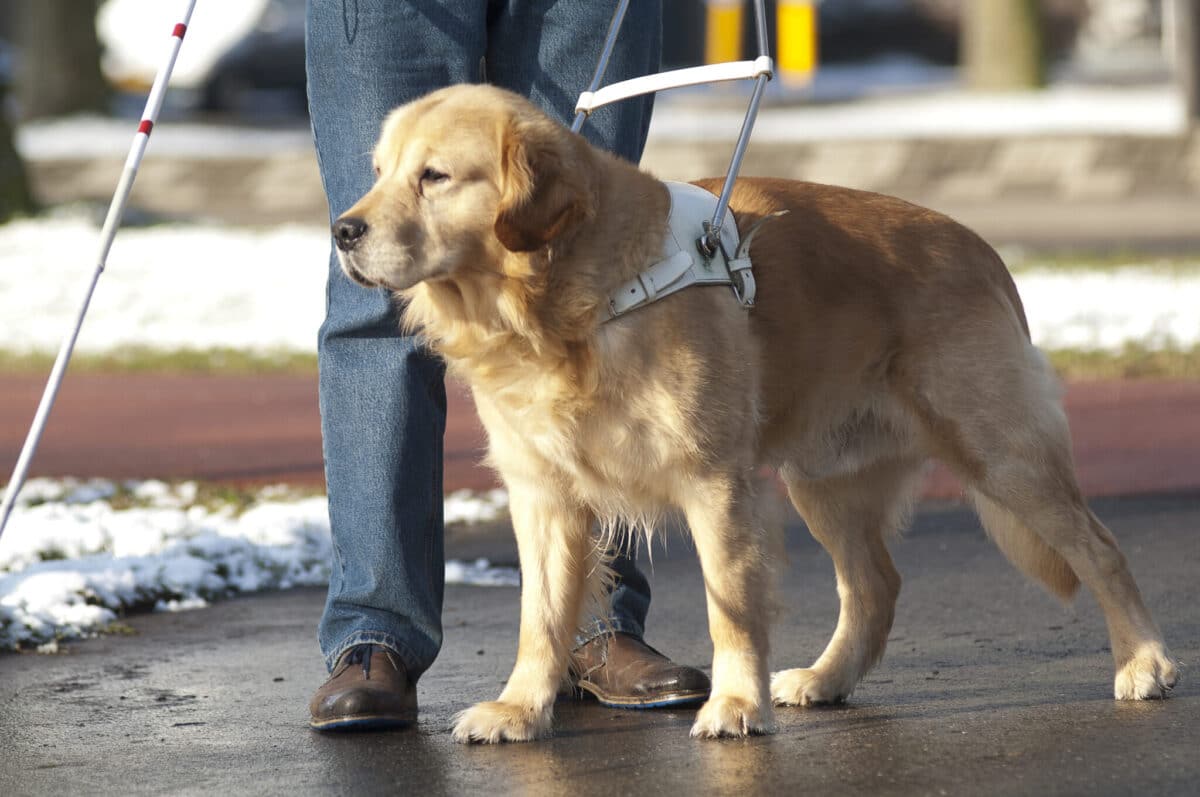Shutterstock
Service dogs are incredible animals trained to assist people with disabilities, helping with tasks that may otherwise be challenging or impossible. These dogs can guide the visually impaired, detect seizures, and assist with mobility tasks. While not every breed is suited for the specialized demands of service work, certain breeds stand out due to their intelligence, temperament, and loyalty. These exceptional dogs provide essential support to those in need, proving that the right breed can make a life-changing difference for their handlers.
Labrador Retriever
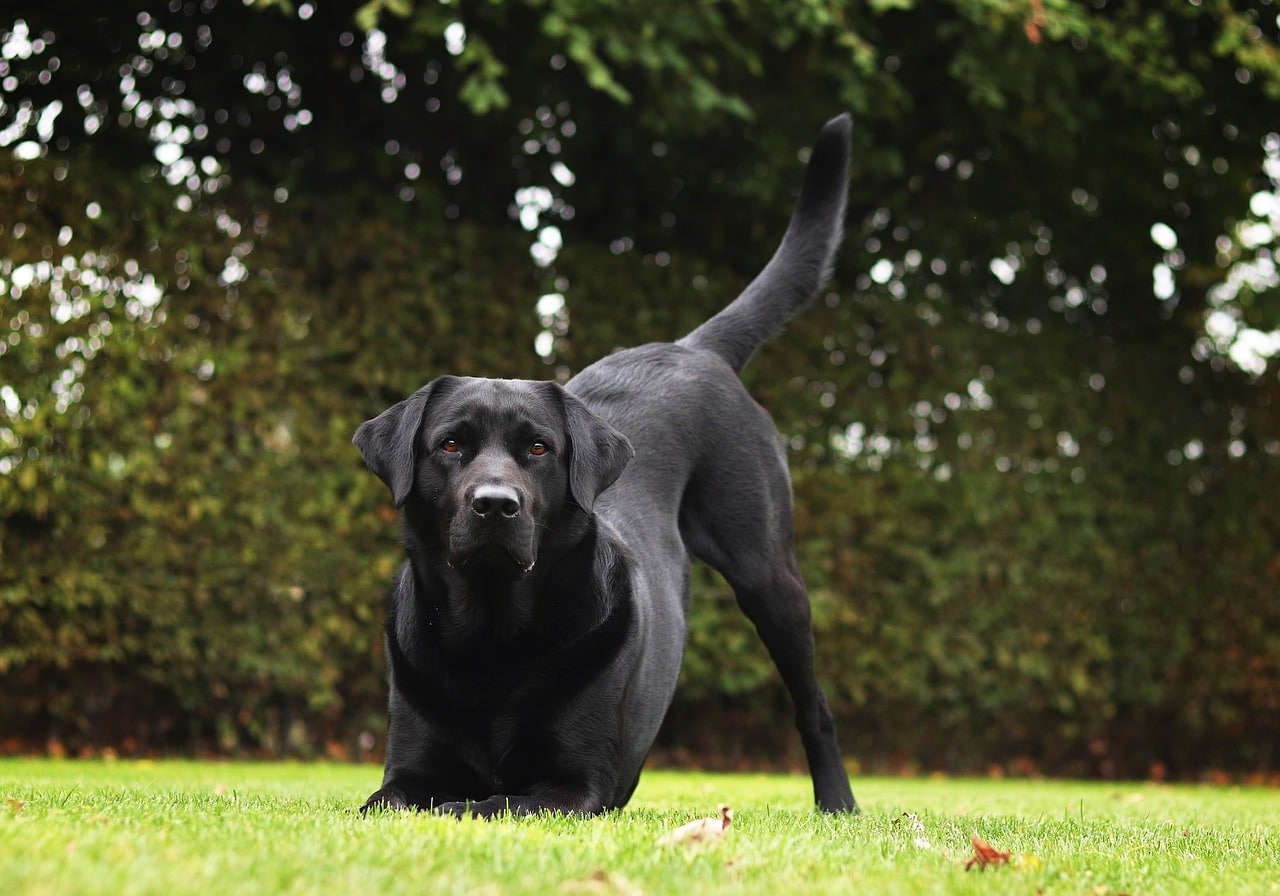 Shutterstock
Shutterstock
Labrador Retrievers are the gold standard when it comes to service dogs. Their friendly, outgoing nature and high intelligence make them ideal companions for various service roles. Labs are commonly used as guide dogs for the visually impaired, mobility assistance dogs, and even in medical alert roles. Their eagerness to please, trainability, and even temperament make them incredibly reliable in high-pressure situations. Labs are also great with children and other animals, so they easily integrate into family settings. Their ability to stay calm and their innate loyalty make them one of the best breeds for service work.
Golden Retriever
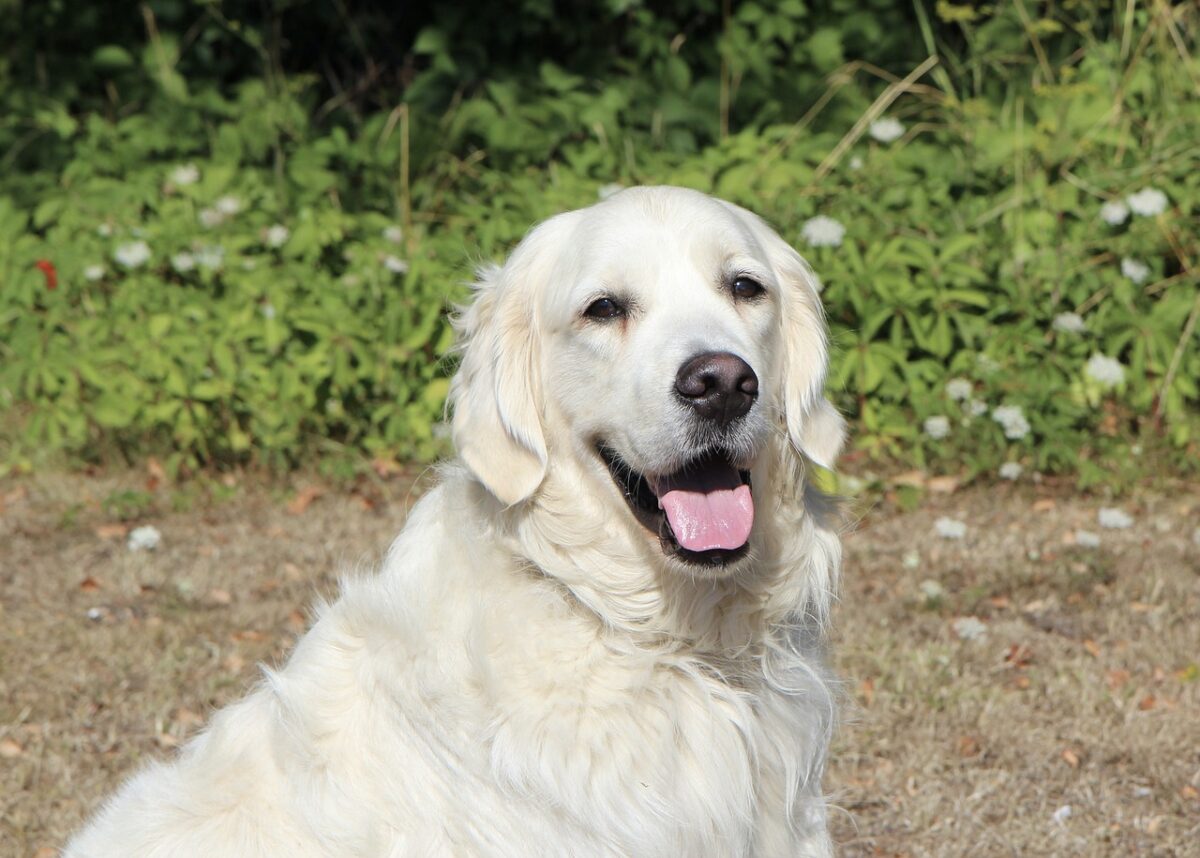 Shutterstock
Shutterstock
Golden Retrievers share many traits with their Labrador cousins, making them another excellent choice for service dog work. Goldens are known for their gentle demeanor and are particularly suited for roles that require a calm, patient companion. They excel as guide and therapy dogs due to their steady temperament and a strong desire to help. Golden Retrievers are also intuitive, often sensing their handler’s needs before being asked to assist. Whether retrieving objects, opening doors, or offering emotional support, their affectionate nature and keen intelligence make them perfect for various service tasks.
German Shepherd
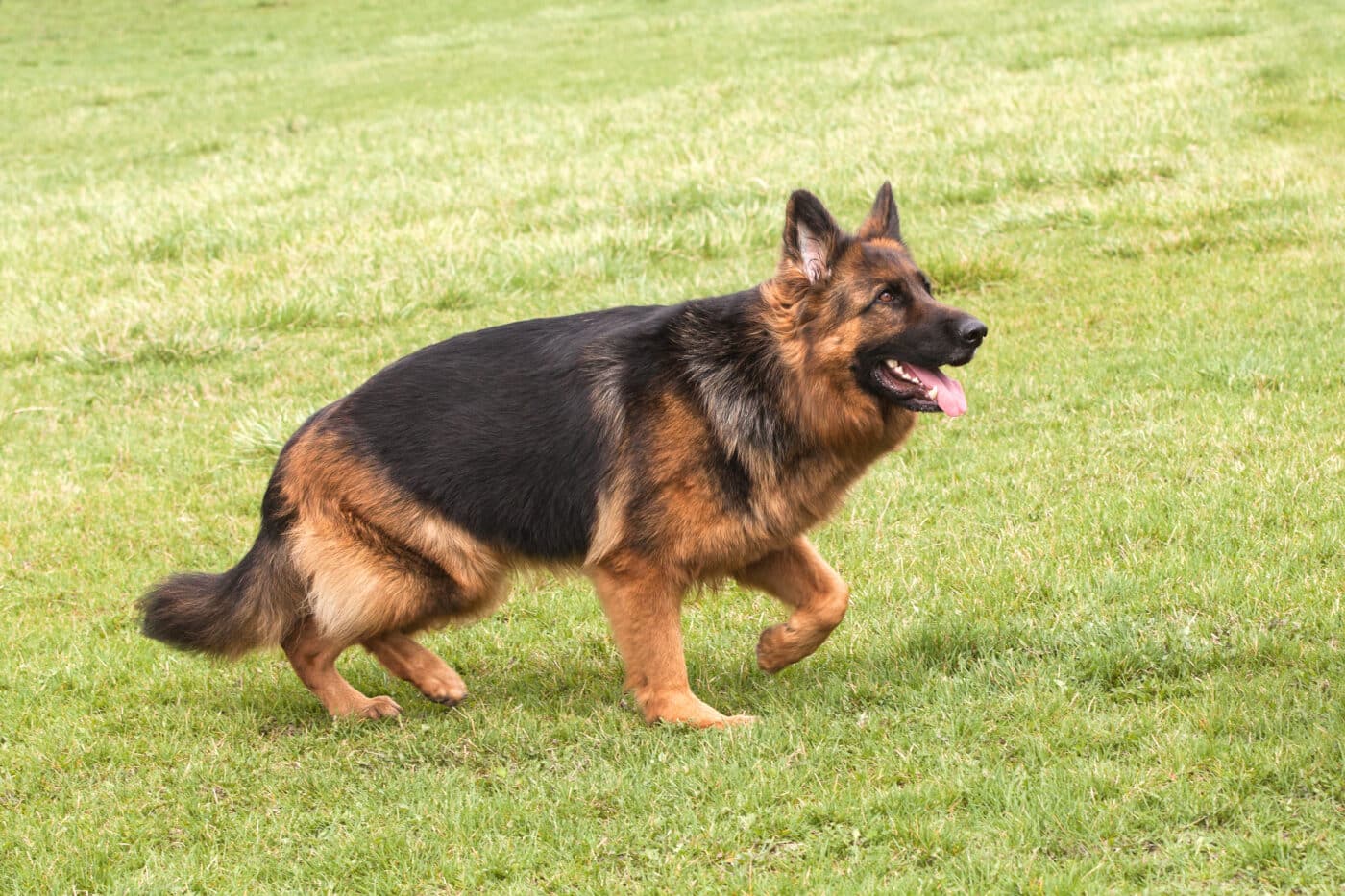 Shutterstock
Shutterstock
German Shepherds are well-known for their work in law enforcement and military roles but are also exceptional service dogs. Their unmatched loyalty, intelligence, and trainability make them ideal for highly specialized tasks. German Shepherds excel as guide dogs for the visually impaired and in mobility assistance and PTSD support roles. They are incredibly focused and reliable, which is essential when working in environments requiring constant vigilance. While they are known for their protective instincts, German Shepherds are gentle with their handlers and are deeply committed to their role as service dogs.
Poodle
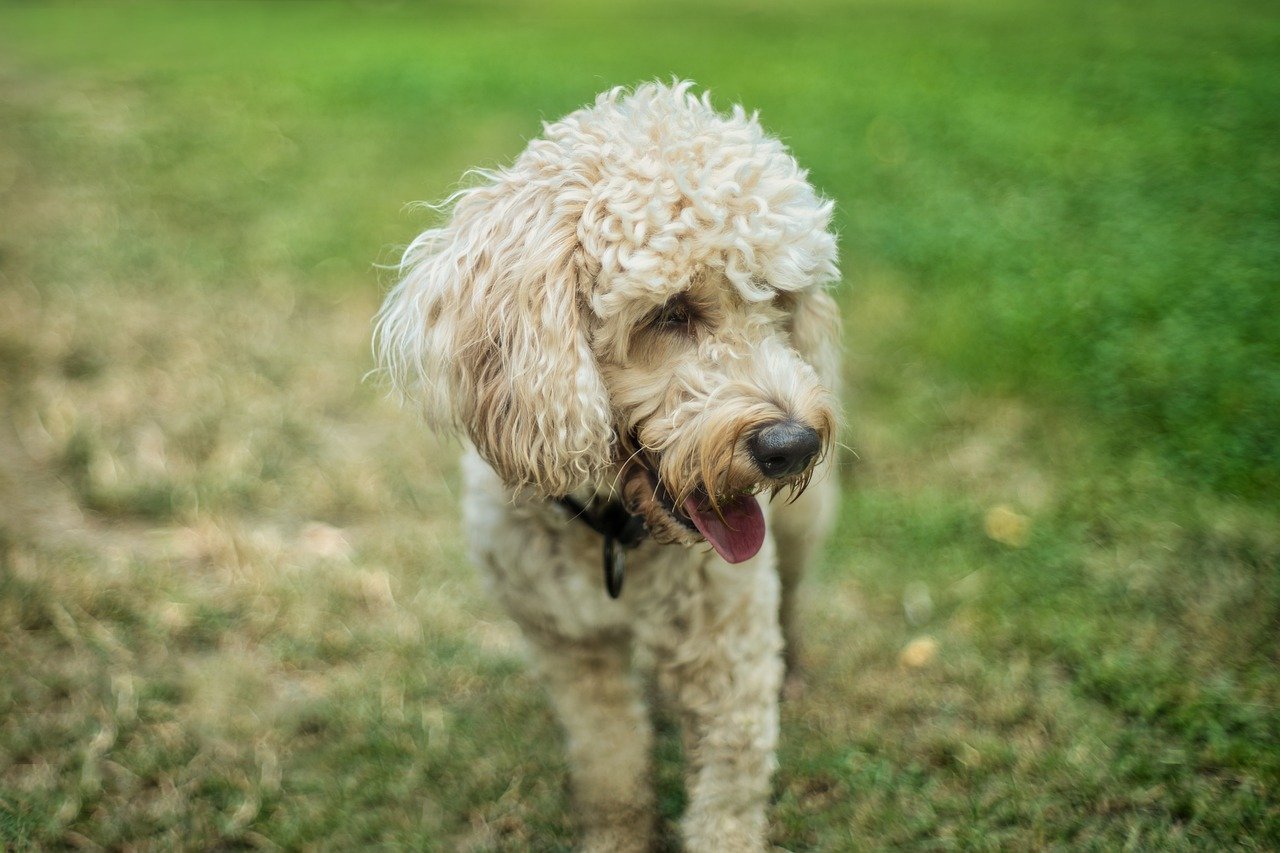 Shutterstock
Shutterstock
Poodles, especially Standard Poodles, might not be the first breed that comes to mind when considering service dogs, but they excel in this role. Known for their high intelligence and hypoallergenic coat, Poodles are often chosen for people with allergies. Their smarts make them quick learners, and they’re used in roles like medical alert, mobility assistance, and psychiatric support. Poodles are also highly adaptable and thrive in city and rural environments. Their ability to read human emotions makes them particularly effective in providing emotional support, and their friendly disposition makes them excellent companions in public spaces.
Border Collie
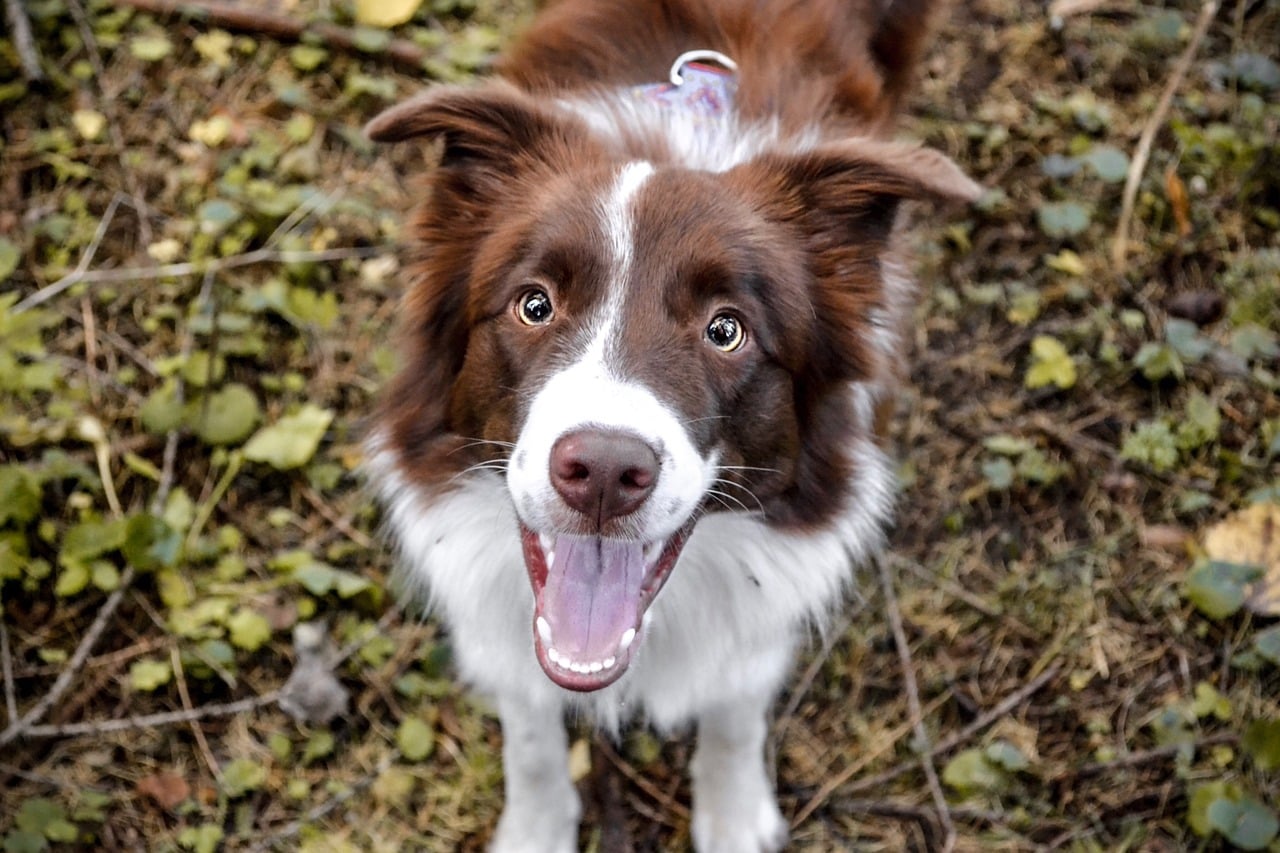 Shutterstock
Shutterstock
Border Collies are known as one of the most intelligent dog breeds, making them an excellent choice for complex service tasks. Their strong work ethic and incredible ability to learn commands quickly allow them to excel in roles requiring precision, such as medical alert dogs or helping with physical disabilities. Border Collies are also known for their problem-solving abilities, which makes them particularly good at assisting in unconventional situations. They strongly desire to stay busy, ensuring they remain focused on their handler’s needs. Their boundless energy can be a challenge, but they make excellent service companions with the right training.
Boxer
 Shutterstock
Shutterstock
Boxers may not be the first breed you think of for service work. Still, their affectionate, loyal nature makes them excellent companions for specific roles, particularly in emotional and mobility support. Boxers are strong and muscular, which allows them to assist in physically demanding tasks, such as helping their handler maintain balance or retrieve objects. Despite their strength, Boxers are gentle and intuitive, making them great companions for individuals with PTSD or other emotional disorders. Their goofy, fun-loving nature also helps lighten the mood, making them reliable service dogs and comforting companions in challenging situations.
Great Dane
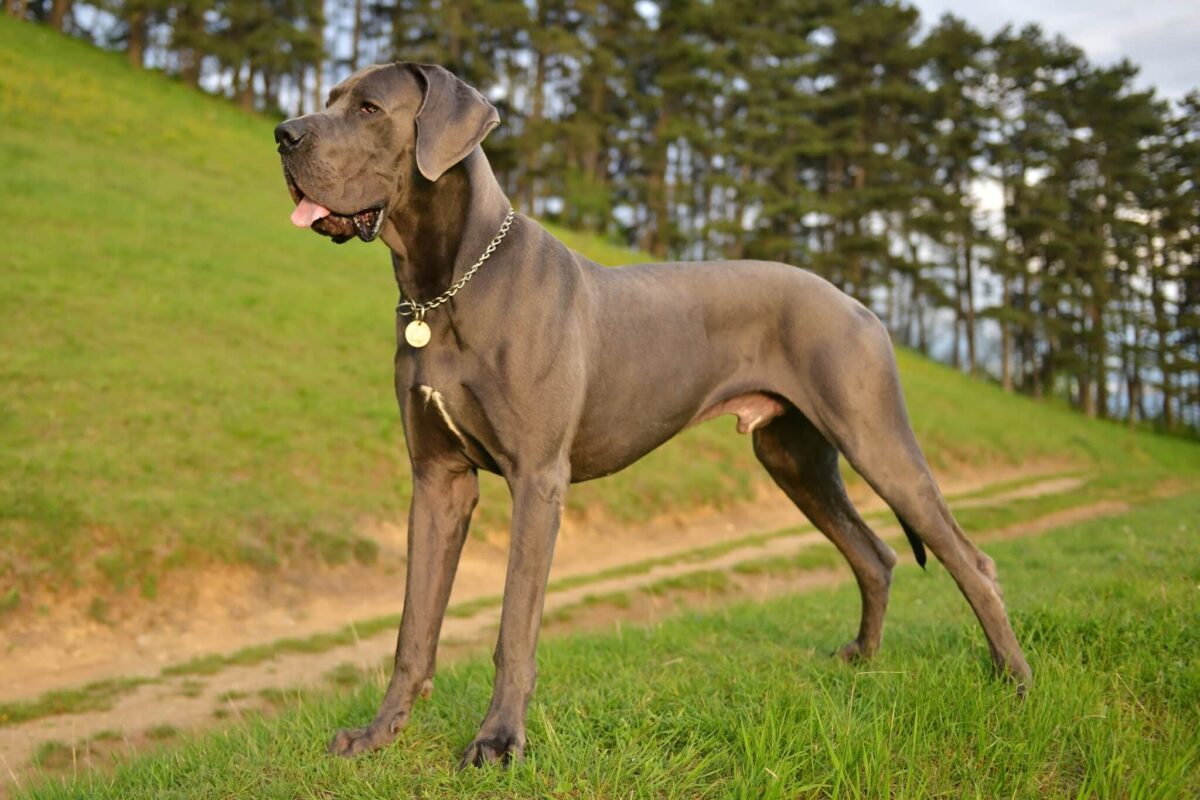 Shutterstock
Shutterstock
Great Danes may be known for their massive size, but that trait makes them excellent mobility assistance dogs. Their strength and stature allow them to physically support their handlers in ways smaller dogs cannot. Great Danes are often used for individuals with physical disabilities who require balance support or for helping those who need assistance standing up. Despite their imposing size, Great Danes are known for their gentle and calm nature, making them great service companions in public settings. Their loyalty and love for their handler ensure that they’re always by their side, ready to assist.
Bernese Mountain Dog
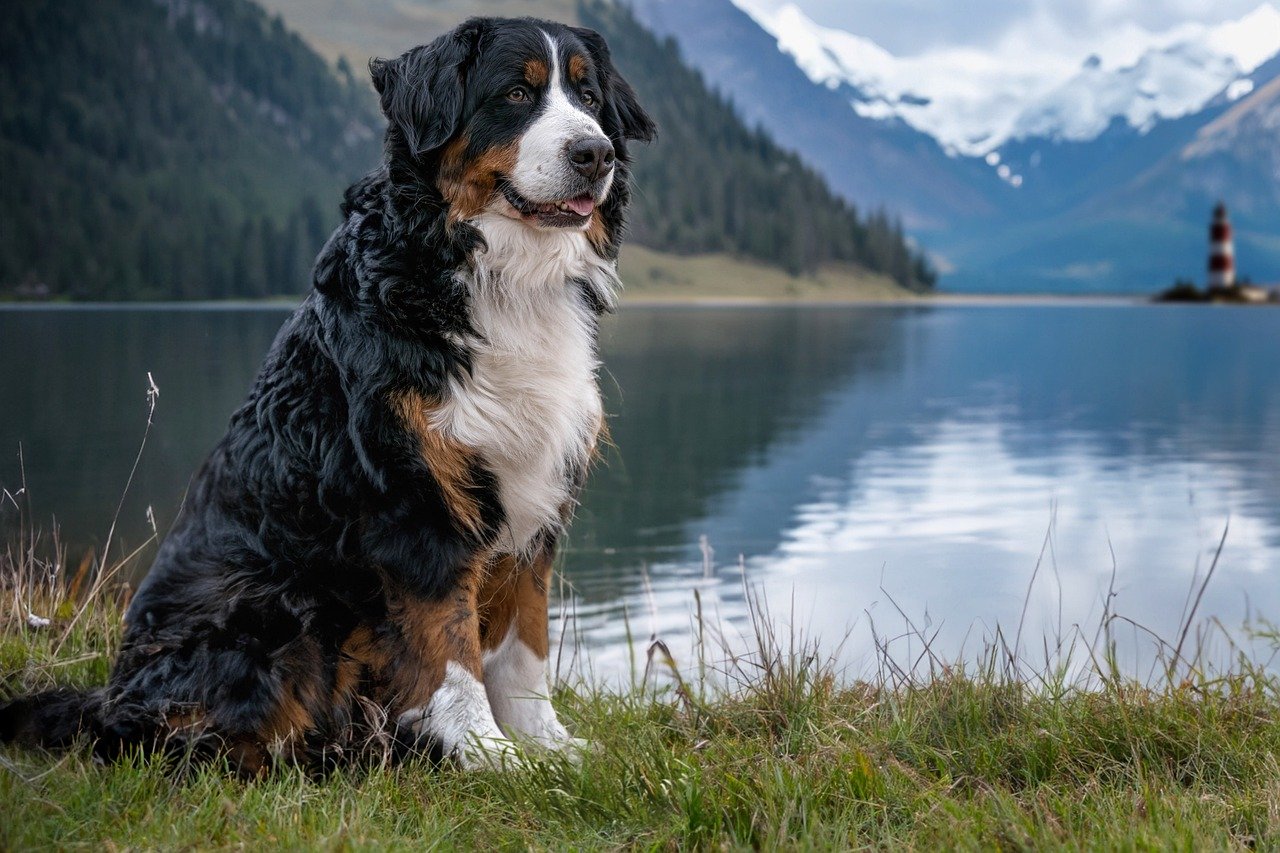 Shutterstock
Shutterstock
Bernese Mountain Dogs are another large breed that excels in mobility assistance roles. Known for their gentle and patient demeanor, Bernese Mountain Dogs are strong enough to provide physical support for their handlers while being calm and composed in various environments. They are highly trainable and thrive in roles where they can assist with physical tasks like pulling wheelchairs, carrying items, or offering balance support. Their affectionate nature makes them excellent emotional support dogs as well. Bernese Mountain Dogs are deeply loyal and form strong bonds with their handlers, making them a perfect match for service work.
Australian Shepherd
 Shutterstock
Shutterstock
Australian Shepherds are incredibly intelligent and versatile, making them great candidates for service work, especially in roles that require mental stimulation and problem-solving. Their high energy and drive mean they’re best suited for handlers who can keep up with their need for activity, but with proper training, Aussies excel in roles such as medical alert or psychiatric support dogs. They are particularly adept at sensing subtle changes in their handler’s behavior or condition, which makes them effective at alerting to seizures or blood sugar changes. Australian Shepherds are incredibly loyal and thrive on being given a job, which ensures they stay focused and dedicated to their service work.
Collie
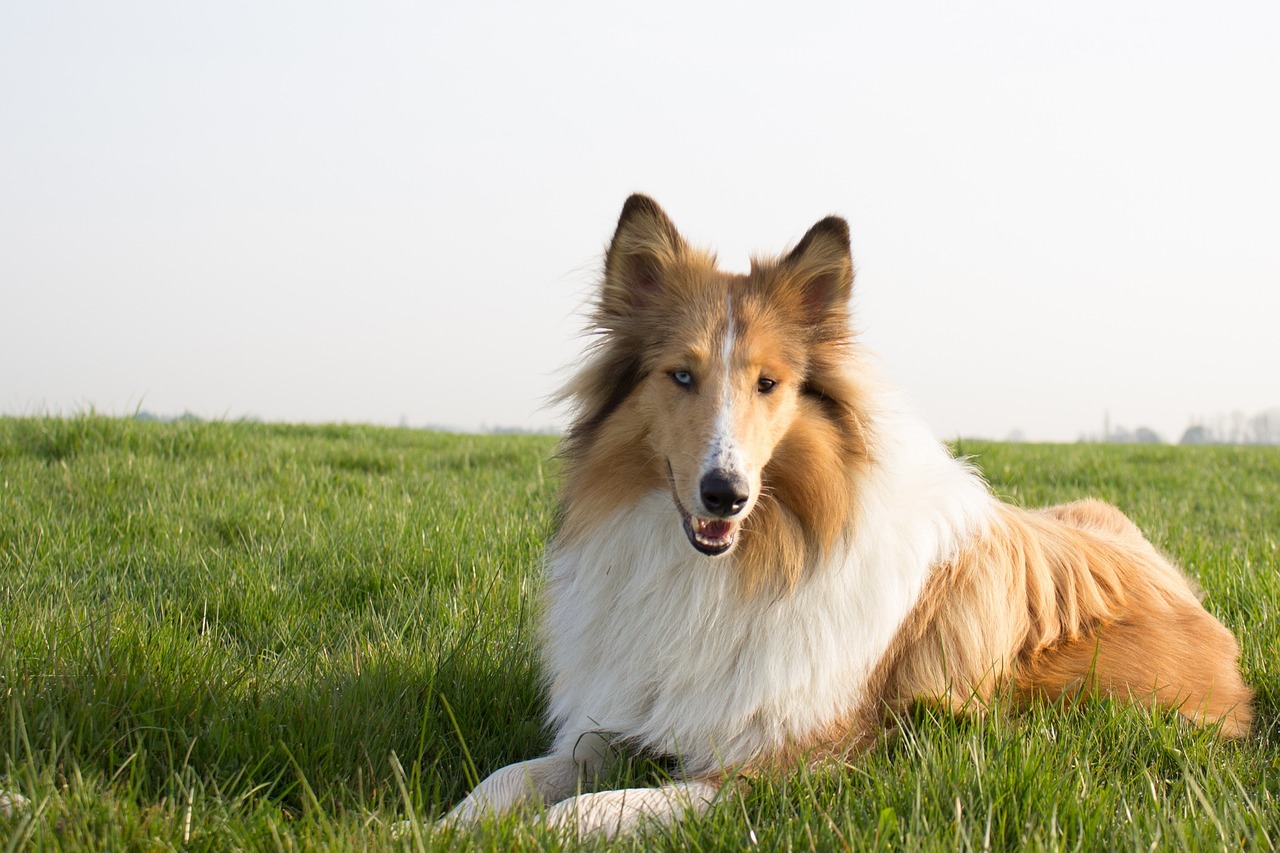 Shutterstock
Shutterstock
Collies are known for their gentle, intuitive nature, making them excellent service dogs, particularly in roles that involve emotional support and guidance. Their natural instinct to herd and protect translates well into service work, where they are often used as guide dogs for the visually impaired. Collies are also incredibly sensitive to human emotions, making them ideal companions for those with anxiety, PTSD, or other emotional disorders. Their calm, steady demeanor ensures they remain composed in public spaces, and their intelligence allows them to quickly learn complex tasks. Collies are loyal, patient, and dedicated to their handlers, making them perfect service companions.
Saint Bernard
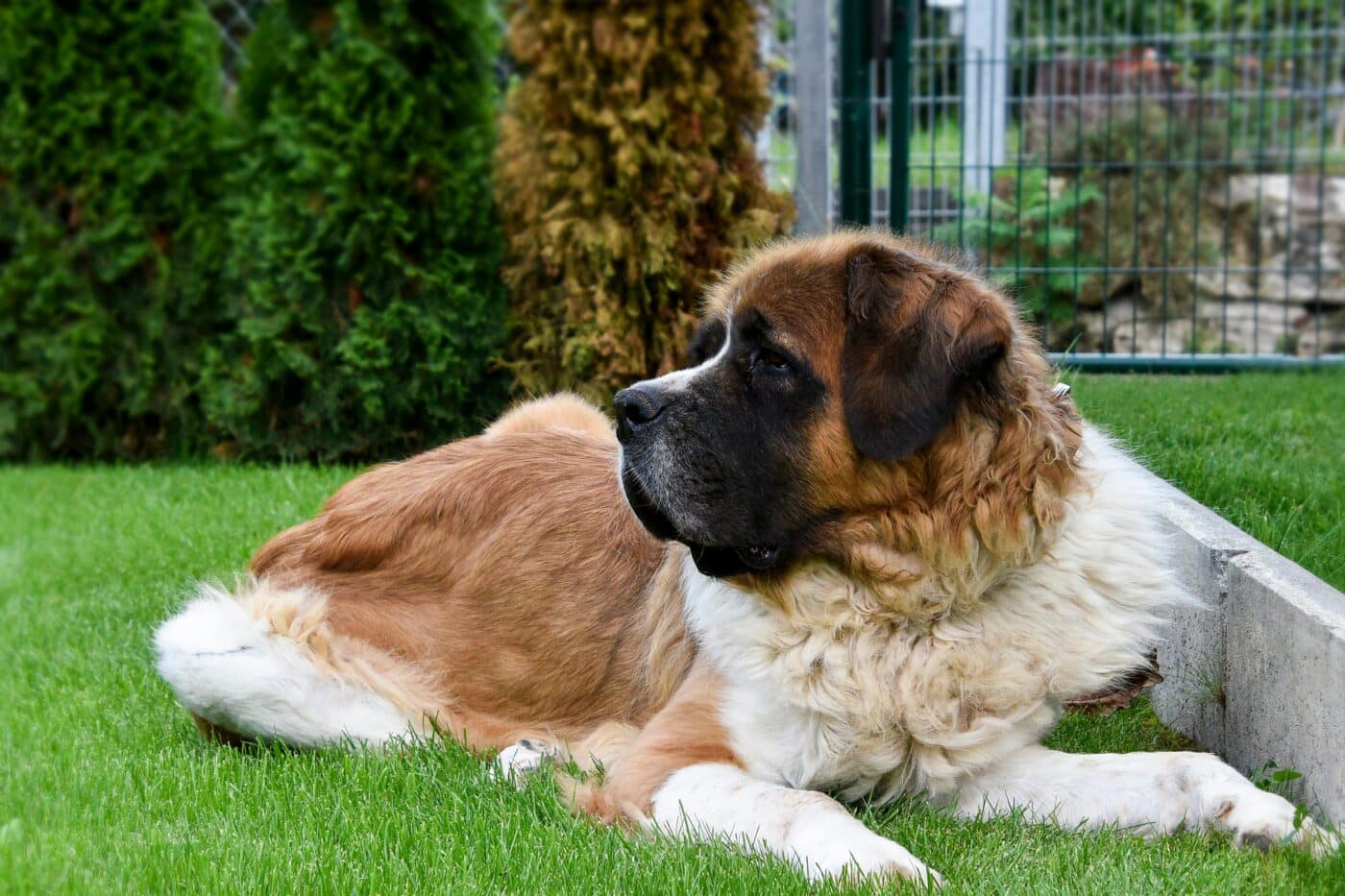 Shutterstock
Shutterstock
Saint Bernards may be best known for their rescue work in the snowy Alps, but they are also fantastic service dogs. Their large size and strength make them ideal for mobility assistance, as they can help individuals who need support getting up or maintaining balance. Saint Bernards are known for their calm, patient nature and great with people of all ages, including children. Their gentle temperament makes them excellent companions for individuals with emotional or physical disabilities. Despite their size, they are incredibly loving and bond deeply with their handlers, making them reliable and affectionate service companions.
The Superheroes with Wagging Tails
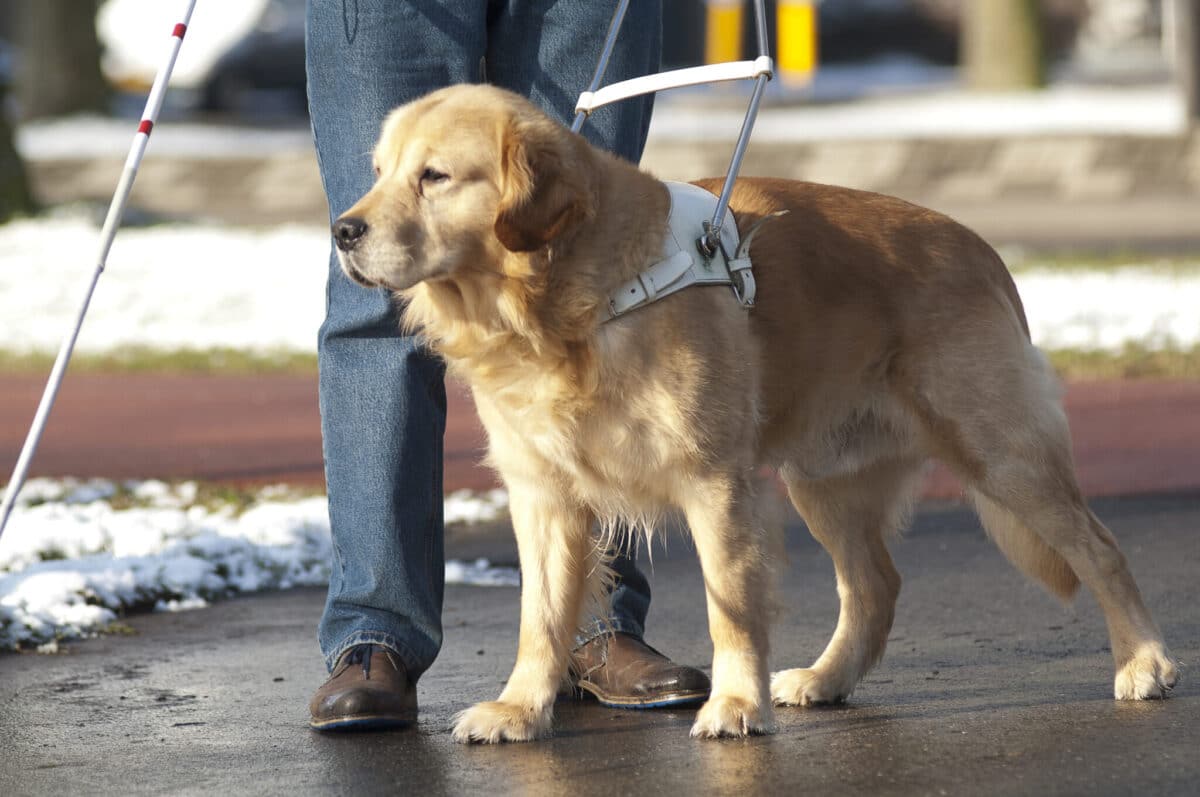 Shutterstock
Shutterstock
These dog breeds may come from different backgrounds, but they all share one thing in common: they excel at being service companions. Whether guiding the visually impaired, alerting them to medical conditions, or providing emotional support, these dogs prove that they are more than just pets—they’re lifelines. Each breed brings unique skills and traits, making them indispensable to the individuals they serve. From the loyal Labrador to the gentle Saint Bernard, these service dogs are truly superheroes, offering support, independence, and unconditional love to those who need it most.
